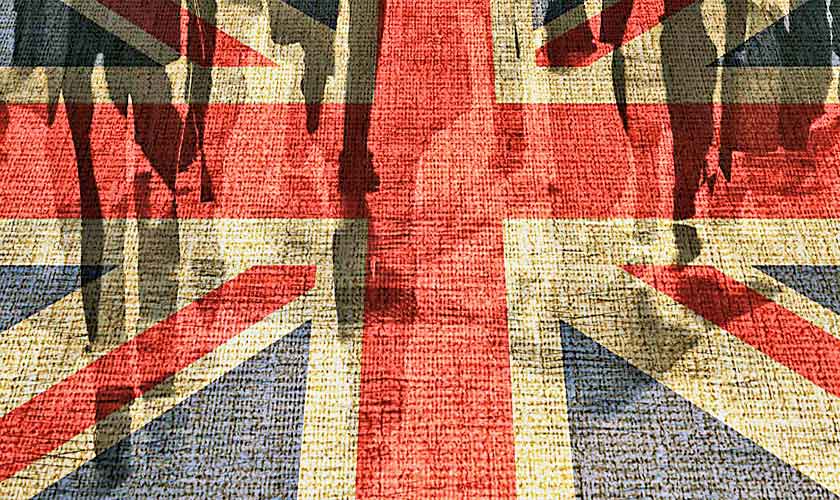From Pollyanna to Cassandra in under a day, the UK government’s independent economic forecaster has learnt how quickly its reputation can change. Criticised for its deluded optimism on Monday, by Wednesday afternoon after the Budget, economists united to say the Office for Budget Responsibility was too gloomy.

From Pollyanna to Cassandra in under a day, the UK government’s independent economic forecaster has learnt how quickly its reputation can change. Criticised for its deluded optimism on Monday, by Wednesday afternoon after the Budget, economists united to say the Office for Budget Responsibility was too gloomy.
At stake is the OBR’s judgment that the UK economy can only grow 1.5 per cent a year without running into trouble. As recently as July 2015, it thought 2.5 per cent was possible, so its outlook has almost halved in just over two years. The figure — the potential growth rate of the economy — is both the most important and least certain judgment OBR chairman Robert Chote and his Budget Responsibility Committee make.
It is vital because if the UK economy averages 2.5 per cent growth, living standards will rise close to historical norms and sufficient revenues will be collected to fund an ageing population without higher tax rates. But at 1.5 per cent a year, none of this applies. Average pay and income growth will be feeble, and Britain will have to choose between worse public services and higher taxes.
The question is whether the OBR has spilled too much red ink over the longer-term economic forecasts, as most independent forecasters seem to believe. Sadly, it is on pretty firm territory.
Any reasonable forecaster might start by looking at Britain’s performance over the past decade to gain a sense of the future. The economy has grown at an average annual rate of 1 per cent, yet unemployment is lower now than before the crisis in 2007. Since unemployment cannot fall forever, the past decade’s sustainable growth rate has therefore been less than 1 per cent.
Looking at more recent trends also suggests a struggling British economy. While the performance of the rest of the G7 league of leading economies has been improving, Britain has experienced a slowing growth rate this year, with companies reluctant to invest and exports rising slowly despite sterling’s fall. Moving from the top of the G7 growth league table to the bottom is more than suggestive that all is not well with the UK economy.
Taking a disaggregated view does not improve the outlook either. Part of an economy’s potential growth rate comes from increased labour resources. This has been a boon for Britain in recent years with high inward migration, a record employment rate and increase in average hours worked. But the latter two cannot keep rising forever and it is now policy to reduce migration.
The other building block of sustainable growth rates is Britain’s productivity — the amount of output produced for every hour worked. It has not increased in the past decade, so an OBR forecast that it will recover to grow at half its historic rate is far from unduly pessimistic.
All of these sense checks ignore Brexit and assume things will carry on much as before. That is an optimistic bias, since it is easy to explain how a deterioration in Britain’s trading relationship with the EU will hit the efficiency of supply chains and production, but difficult to see productivity gains from Brexit.
As a final check, people making sensible judgments might look at the UK and ask the simple question whether prospects should be better, about the same, or worse than those in similar countries. Unless you are sure British people are superior to those in the US or Europe, you would want to support the OBR. The Federal Reserve thinks the US can grow at about 1.8 per cent a year sustainably, while the European Commission thinks 1.5 per cent is the right figure for the eurozone.
Of course, something might turn up over the next few years showing the OBR’s judgment to be too gloomy. We should all cling on to that hope, but not count on salvation just around the next corner. Remember, Cassandra’s affliction was to see the dim future accurately, but to be believed by nobody.